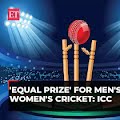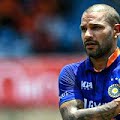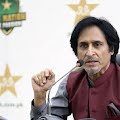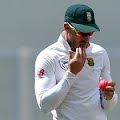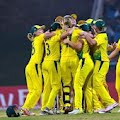The first Ashes Test was marred by numerous controversial decisions in spite of the Decision Review System (DRS) being in place. This clearly indicates to the fact that the DRS hasn’t served its purpose, at least in the first Ashes Test. While there were numerous decisions given that were dodgy, including the one that finished off the game at Nottingham, it is also true that a lot of decisions given by the on-field umpires were howlers, but couldn’t be reversed since the captain had used up his limited reviews –of course we are referring to the Stuart Broad incident.
The whole idea of bringing in the DRS was that as many as right decisions possible should be made. But is that turning out to be the case? Just like the captain has a limited number of reviews left, the DRS also has its limitations. First and foremost the technology isn’t foolproof as can be seen by the number of poor decisions being made even with the aid of the DRS. This is the chief factor why the use of the system is worrying. When right decisions aren’t being made, isn’t it time to look for a new technology that can deliver better results.
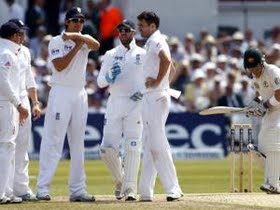 Secondly, the limited number of reviews available to skippers makes it more a game of luck than pluck. Of course, the judiciousness of the captain is tested in this regard, but is also a fact that making a judgment in a split second isn’t easy. If players are well aware of whether or not a batsman is out, we wouldn’t need umpires. Of course, in some cases they are, but in most cases they aren’t. Agreed the solution can’t be to increase the number of reviews for the skippers, since they would then test their luck on every possible occasion. After what transpired at Nottingham though there is cause for worry over the DRS.
Secondly, the limited number of reviews available to skippers makes it more a game of luck than pluck. Of course, the judiciousness of the captain is tested in this regard, but is also a fact that making a judgment in a split second isn’t easy. If players are well aware of whether or not a batsman is out, we wouldn’t need umpires. Of course, in some cases they are, but in most cases they aren’t. Agreed the solution can’t be to increase the number of reviews for the skippers, since they would then test their luck on every possible occasion. After what transpired at Nottingham though there is cause for worry over the DRS.
Former Aussie great Ian Chappell made an interesting suggestion when he said that the reviews should be given to the umpires rather than the players. Coming from a well-respected voice like Chappell, who understands the game inside out, this isa proposition worth trying out. The Nottingham disaster notwithstanding, the fact remains that umpires are better decision-makers as opposed to skippers. After all, it is their job. So who knows, the DRS might be used much more judiciously if handed over to the umpires.
The writer is not a big fan of the BCCI, but for a change he supports the cause of BCCI’s objection to the DRS. India have been on the receiving end of the DRS quite often, and in recent times, other teams too would have experienced the same feeling. If the ICC wants the DRS to stay on they need to improve the technology aspect significantly. Former umpire Simon Taufel, once said that overdependence of tech reduces the role of a umpire, and kills the challenge of officiating. ICC must take note of the intellectual thought.
--By A Cricket Analyst




